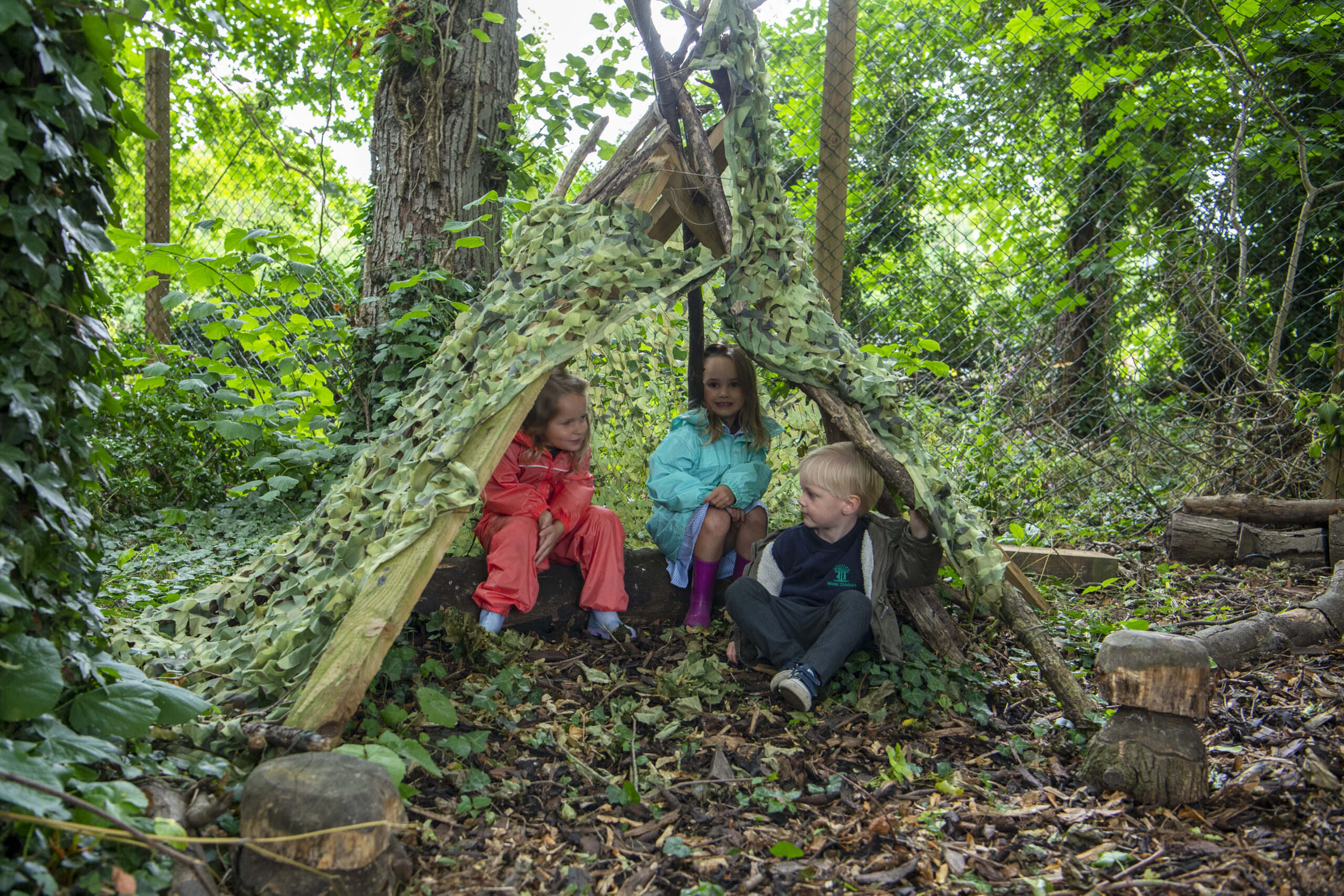Curriculum
Get in TouchOur Montessori Curriculum
The child-led, Montessori approach requires the teacher to have knowledge of the ways in which children learn. The Montessori teacher facilitates learning by preparing a calm and orderly environment with materials specifically selected to meet each child’s developmental needs and interests. The Montessori Curriculum is divided into 5 areas; Language & Literacy, Mathematics, Sensorial, Cultural and Practical Life.
Practical Life
This area prepares the child indirectly for all other areas of the Curriculum with order, concentration, confidence, co-ordination and independece. Exercises support fine motor manipulation, care of self skills and care of the enviornment.
Children start to develop their independence in the enviornment. The materials provided are real life, child-sized objects e.g. transferring water with jugs and spoons. Completion of activities also teaches the children respect and responsibility, develops hand-eye co-ordination, and encourages indpendence and manners.
Sensorial
Through exploration of the various materials of changeable dimensions, colours, shapes, sizes, textures, geometry, smell and taste – all of the faculties of intelligence are developed.
Subjects are presented and introduced to the child through the senses. Initially this is started with the knobbed cylinders to enable the child to recognise and understand size and 1:1 correspondence. Colours and gradients are introduced through matching and pairing activities with the colour boxes. Visual awareness is developed and the senses refined.
Mathematics
The sense of touch provides concrete experiences of number, ordering, addition and subtraction.
Mathematics begins with number rods, introducing the child to counting from a concrete form before recognising and matching numerals and symbols.
Children will learn the names, link quantity and numerals, be introduced to odd and even, and consolidate learning through memory of number.
Language & Literacy
The early years are a sensitive period for language development. Activities include oral and language games, vocabulary pre-reading work, writing and reading comprehension and support development of vocabulary, comprehension and listening skills.
Letters are introduced in a physical way, allowing the child to feel each letter shape and gain confidence in letter formation and mark-making.
Children learn to understand expression and intonation, rhythm and rhyme. They gain an awareness of sounds in spoken language.
Cultural
This area explores the environment that we live in through geography, botany, biology, history and science. Such exposure introduces knowledge of our World and encourages the child to understand their role in their immedite enviornment and the wider World.
Children learn to be respectful of the enviornment and to be caring and empathetic towards others. Children learn that life is different around the World which supports understanding of life both past and present as well as how they can shape the future.
Forest School

The Forest School concept first took off in the UK late last century.
Our unique onsite Forest School is almost an acre in size and extremely secure, with its own purpose built outdoor classroom and designated Forest School teachers.
-
Improves language and communication
- Encourages personal and social development
- Promotes cognitive development
- Enables strong social skills
- Ensures high self-esteem
- Our Forest School offers the perfect culture for supporting our Rushcliffe Montessori ethos!
.
What our families say

